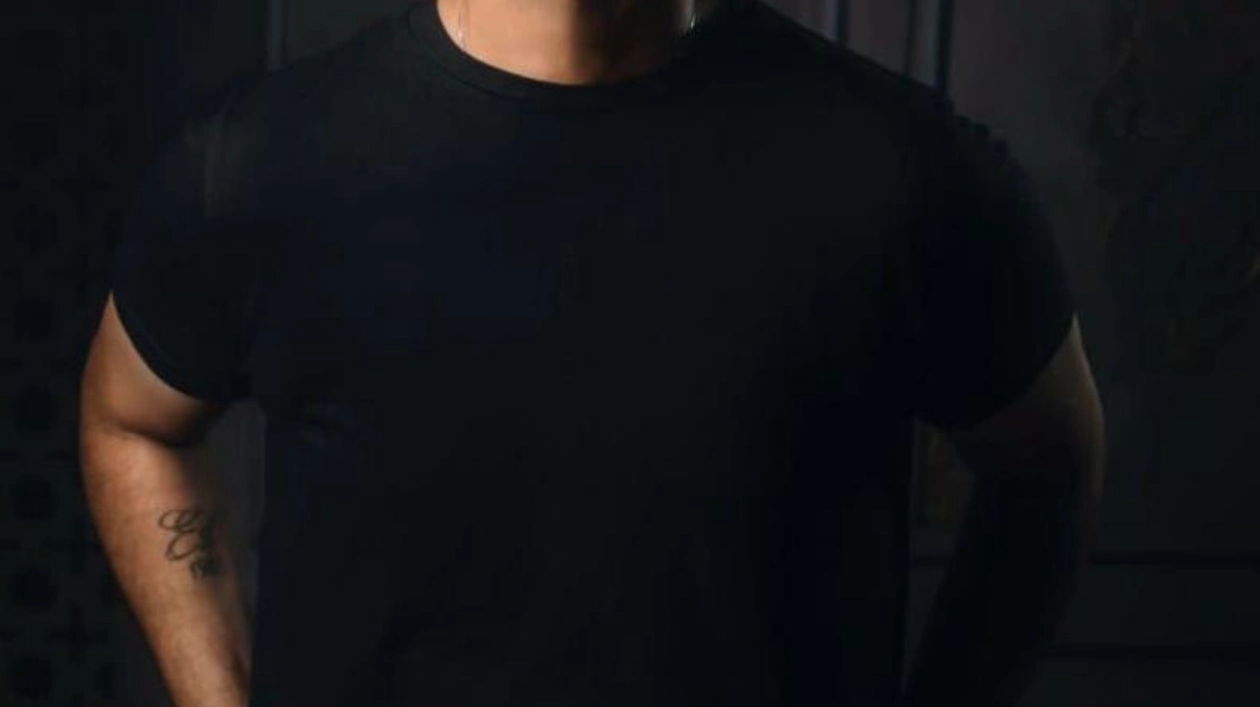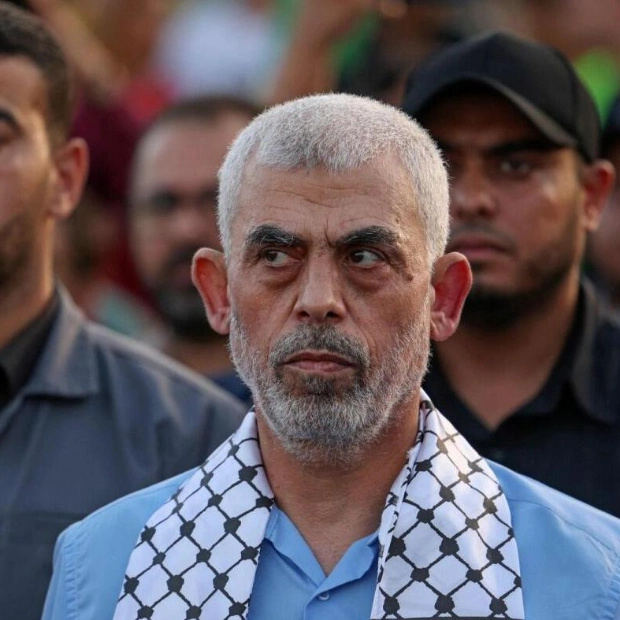Some actors require decades, numerous projects, and consistent screen presence to become a focal point of discussion. However, there are artists who instantly captivate the audience's imagination, even with limited work. Usman Mukhtar, a critically acclaimed and multi-talented actor, possesses this magnetic appeal. Despite his relatively few appearances in dramas and films, his popularity seems to grow with each project. In 2020, he starred opposite Mahira Khan in 'Hum Kahan Ke Sachay Thay.' Currently, he is featured in Danish Nawaz’s 'Jafaa' alongside Mawra Hocane. He also appeared in 'Umro Ayyar- A New Beginning,' for which he visited the UAE and received immense love and appreciation.
Mukhtar's character in 'Jafaa' initially symbolized a 'big green flag,' offering support to Andaleeb (Sehar Khan) amidst her struggles. However, the narrative took a turn when it was revealed that he had been silently coping with azoospermia, a male infertility condition. Mukhtar discussed his character's journey, his script selection process, and his fondness for the UAE. 'I love UAE,' he said, reminiscing about his frequent visits and his sister's residence there. He expressed a desire for a golden visa and the possibility of working in the UAE.
Despite his impactful performances, Mukhtar's screen time remains limited. 'An actor is rarely satisfied with what he's offered,' he explained, emphasizing his careful script selection. He also cited his mother's illness as a reason for his limited presence, as he primarily stays in Islamabad while the drama industry is based in Karachi. Mukhtar found 'Jafaa' more sensible than other scripts, addressing domestic violence and male infertility, issues he believes are under-discussed.
Numair's character faced criticism for not disclosing his condition, leading to dire consequences. Mukhtar described Numair as a 'grey' character, contrasting with the black-and-white portrayals common in media. He highlighted the need for diverse on-screen characters and genres, reminiscing about classic shows like 'Ainak Wala Jin' and 'Haqeeqat.' Mukhtar also shared insights into Numair's struggles, drawing from personal experiences and interactions with someone affected by azoospermia.
Looking ahead, Mukhtar expressed a desire to explore comedy and villainous roles. He also emphasized the importance of accessible cinema for the masses, advocating for single-screen theaters in Pakistan. 'The masses determine your success,' he said, 'if they can't access your content, you can't thrive.'
Source link: https://www.khaleejtimes.com






